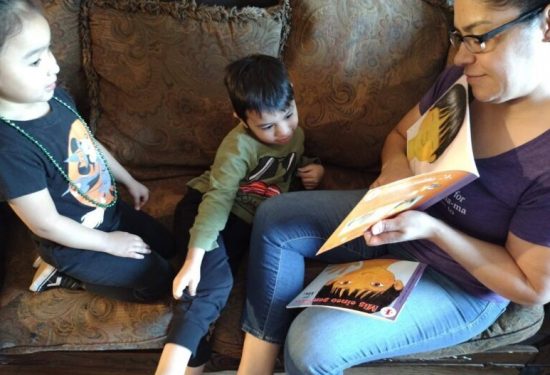Home-based caregivers are well-positioned to provide quality child care, but lack adequate compensation, health
insurance, methods for paid family and sick leave, and many other professional supports. These caregivers need
access to professional development, educational materials and supplies, emotional support groups, business tools,
and partnerships with community supports to assure comprehensive services for children and families. Home-based
child care networks are crucial tools to connect providers with these resources.
Home-Based Child Care Networks: Making Connections to Make a Difference

October 16, 2025
Home-based child care providers share feedback and insight on their experiences with legislative visits during the 2025 August recess.
October 9, 2025
Families and child care providers are being squeezed as pandemic-era supports expire and federal funding stalls. Across the country, home-based providers are struggling to stay open amid lower reimbursements and rising costs. Without stronger federal investment in the Child Care and Development Block Grant (CCDBG), tens of thousands of children could lose access to care.
September 30, 2025
Carmela is a family, friend and neighbor caregiver who is proud of her Hispanic heritage. Learn more about how her Hispanic heritage shapes her work as a HBCC caregiver in this blog.


